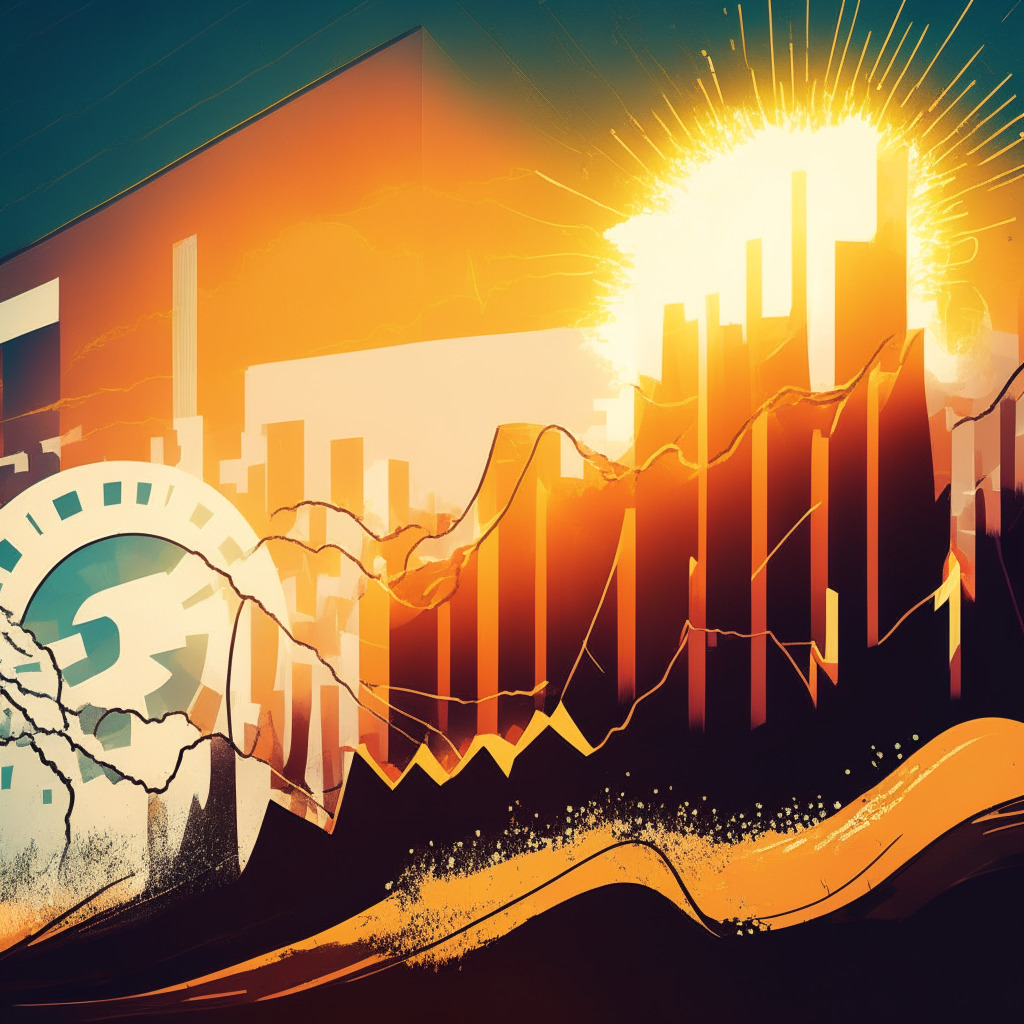Former Taiwanese-American musician and tech entrepreneur Jeffrey Huang, popularly known as Machi Big Brother, made headlines with his recent purchase of 6 billion PEPE tokens for $12,000 USD. However, Huang carries a controversial past in the crypto space, having been involved in embezzling 22,000 ETH from Formosa Financial and executing multiple failed pump-and-dump schemes with tokens and NFT projects.
Machi Big Brother’s recent bet on PEPE has raised many eyebrows, primarily due to his questionable history in the crypto community. He purchased 5 billion PEPE tokens just 14 hours ago, followed by another 6 billion tokens four hours later. The transaction was made through his Ethereum address, ‘machibigbrother.eth,’ and the average price of the PEPE tokens is still unknown.
Huang is no stranger to significant crypto investments, having acquired over 66 billion PEPE tokens in the past three days with a total investment of 73.4 ETH. He has even taken to Twitter to reject claims of being the founder of Nakamigos or the PEPE token, clarifying that Beeple/Yuga are the initiators.
However, his involvement in the Mithril and Formosa Financial projects, both of which raised funds through initial coin offerings (ICOs) in 2018, adds to the skepticism around his motives. His extensive NFT collection, which features rare pieces like CryptoPunks and Bored Ape Yacht Club NFTs, only strengthens suspicions. Huang has also launched his NFT collection called “Huang’s World.”
With these facts in mind, it’s easy to wonder whether his acquisition of PEPE tokens is an attempt to manipulate the market through a pump-and-dump strategy, or if he genuinely sees value in the token and its potential in the growing NFT market. As the crypto community speculates on Machi Big Brother’s next move, many are trying to determine what implications his involvement may have for the future of PEPE and the broader crypto market.
As always, individual investors must exercise caution and conduct thorough market research before investing in cryptocurrencies. It’s essential to understand that the presented content may include personal opinions of the author and is subject to changing market conditions. Neither the author nor the publication is responsible for any personal financial losses incurred while investing in cryptocurrencies.
Source: Coingape




